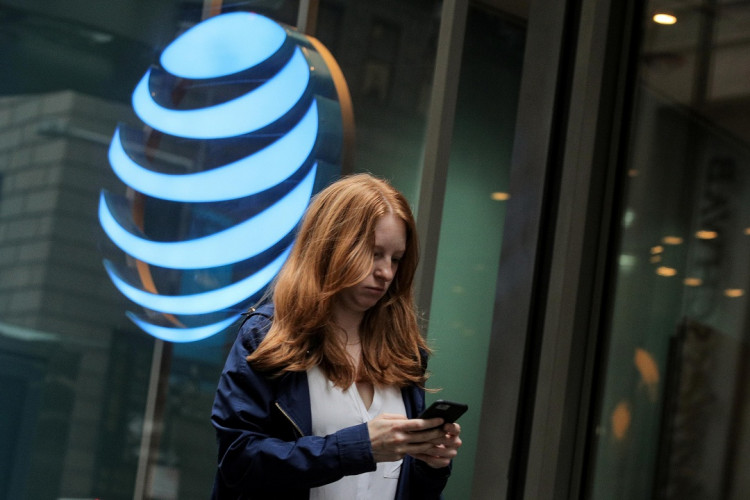After more than four years of litigation, US telecommunications giant AT&T has finally reached a settlement with the Federal Trade Commission (FTC). The FTC lawsuit, which was originally filed in 2014, accused AT&T of deceiving its customers with its unlimited data products.
A federal court had given both parties their requested 90-day stay to give the FTC time to finalize its proposed settlement.
The exact amount of the settlement and terms of the deal were not disclosed. According to a newly published court ruling, the settlement itself was reached by both parties on August 2.
The years-long lawsuit against AT&T was dismissed back in 2016 by a US appeals court, which cited that the FTC lacked any jurisdiction as the carrier's service was classified as a Title II service. This meant that the issue was supposed to be handled by the Federal Communication Commission (FCC) and not the FTC.
In 2018, the case was reopened by a federal court after it decided that the FTC had authority over AT&T service as it was not part of its common carrier status.
According to the original court filing, the FTC points out how AT&T had knowingly slowed down the connection speeds of its customers when they reached a certain amount of data used. The promotion of its unlimited data plans was alleged to be misleading customer into thinking that they didn't have any limits on the amount of data they could use.
The FTC's investigation into the matter has found that AT&T had slowed down the connection speeds, or "throttled" the connections, or more than 3.5 million of its customers. The throttling of the speeds would slow the connections down by as much as 80 to 90 percent of normal connection speeds.
AT&T initially began placing speed limit restrictions on its unlimited-data customer accounts in July 2011. The throttling essentially slowed down a customer's high-speed LTE connection to a 2G connection, a speed similar to that of a dial-up modem.
The company initially explained that it would only be throttling down the top 5 percent of its heaviest of data users. It was later found out that AT&T had throttled down all accounts that exceeded 5 gigabytes of data usage during a single billing period.
The FTC's major complaint against the company's practice was that it had failed to adequately inform its customers of the dramatic slowdown of their connections. The practice itself also meant that the plan it had offered to customers was technically not an unlimited service as advertised. AT&T shrugged off the FTC's initial complaints, stating that only a few people were affected and that it had informed its customers of possible throttling through emails and text messages.





